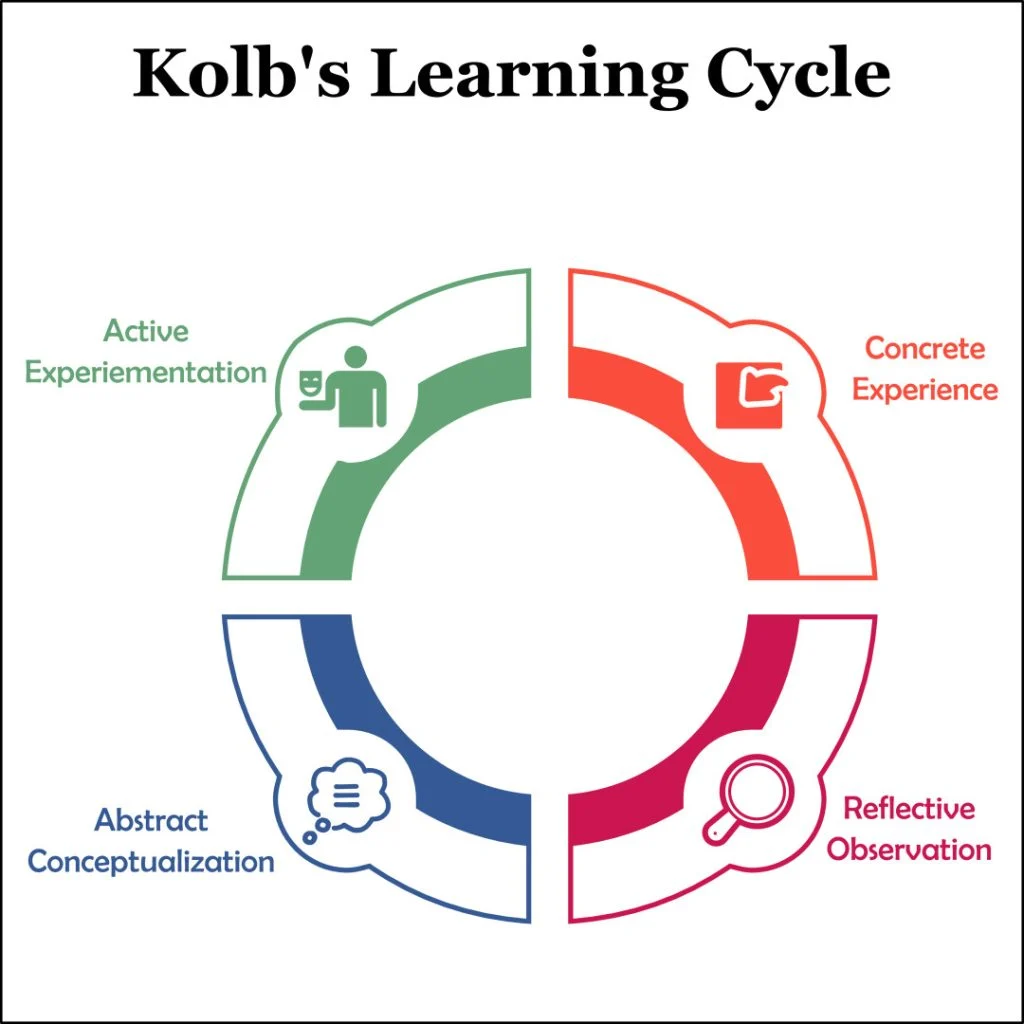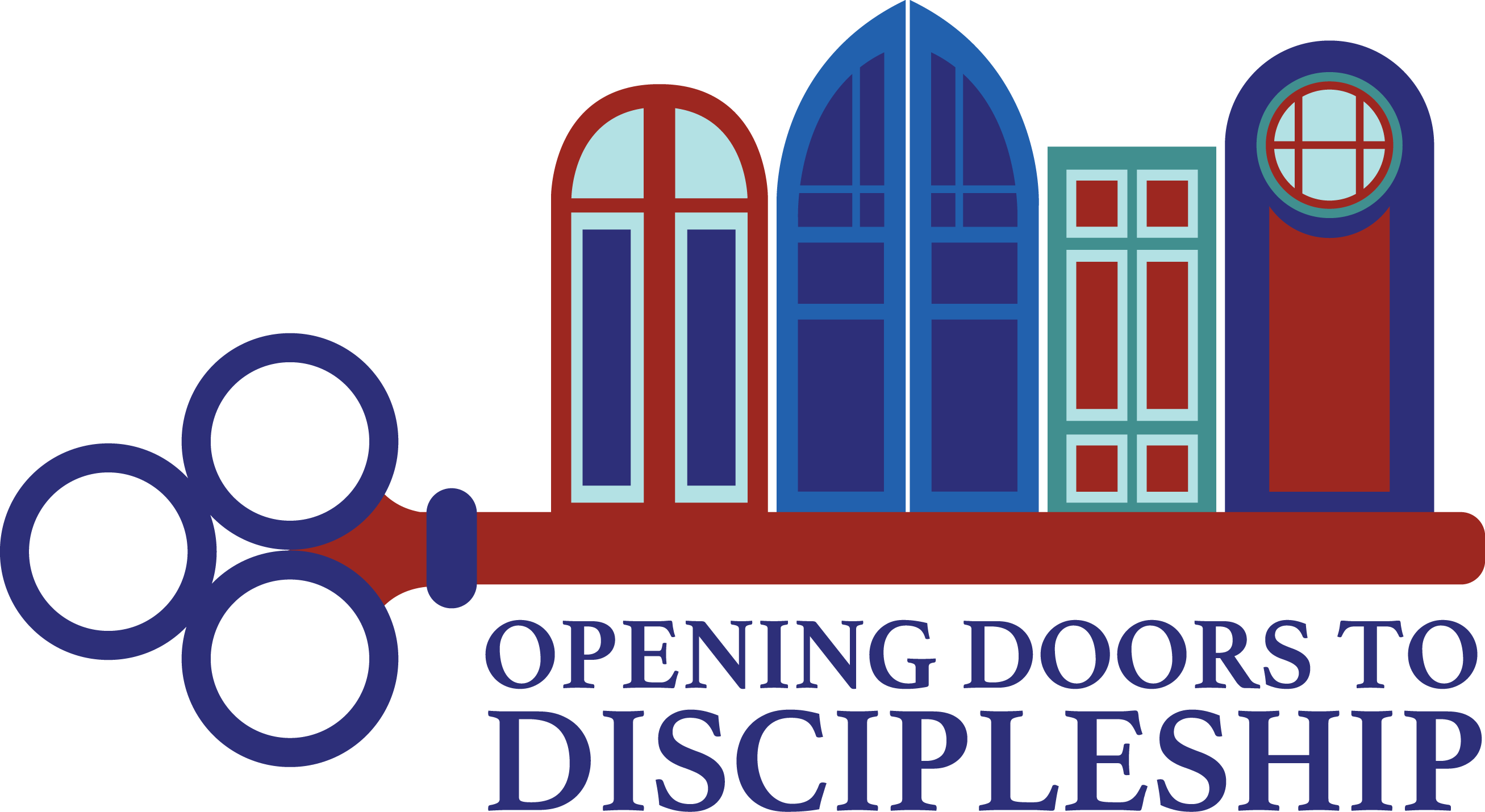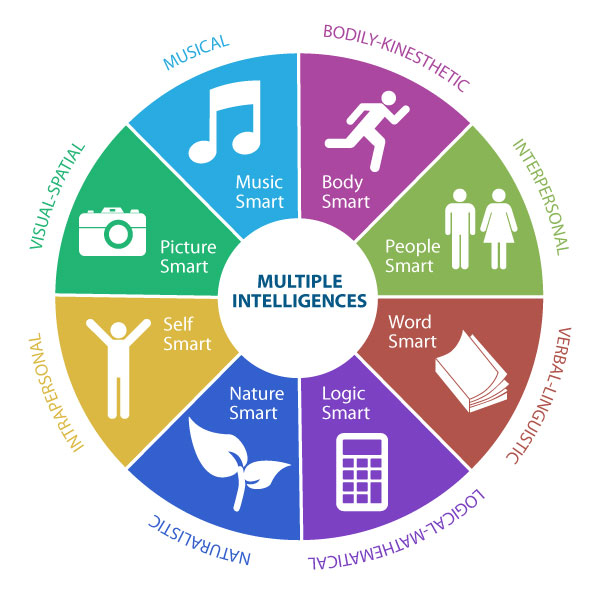Approaches to Learning
Explore this module by reading the content, watching the presentations and videos, and responding to the suggested exercises and activities.
Essential Learning Theories
Essential Learning Theories (Rowman & Littlefield Publishers. November 2019) creates a summary of four research-based learning theories: neurological, behavioral, cognitive, and transformative. Each of these approaches conceptualizes learning differently and suggests different practices to support learning. There are areas of overlap among the theories, as they offer different versions of the same idea. Close examination of each theory offers the opportunity to consider the ways that this perspective supports learning in educational ministry.We will be exploring each of the four theories and specific teaching practices connected to them that can be used in congregational settings.
Neurological Learning Approach
The neurological approach to learning emphasizes that the brain physically changes as we learn. This perspective is grounded in research showing that experiences reshape brain pathways — a quality known as neuroplasticity — allowing the brain to remap and reorganize itself over time.
In practical terms, learning involves forming and strengthening connections between neurons. These neural networks help us interpret new information, link it to prior knowledge, and build deeper understanding. Because each person’s experiences shape their neural pathways, every learner brings a unique set of networks into the learning process.
For faith educators, there are two key takeaways:
1. Knowledge and experience matter. Teachers provide the content and encounters that expand learners’ neural networks. In faith settings, these experiences support meaning-making and spiritual growth.
2. Connect new to known. Learning is most effective when new ideas are explicitly tied to what learners already understand. Helping learners link fresh concepts to familiar faith experiences strengthens existing neural pathways and deepens retention.
Intentional engagement with how the brain learns can enhance lesson design and foster lasting faith formation.
Professor Kissel-Ito recommends Holly J. Inglis’ book Sticky Learning: How Neuroscience Supports Teaching that is Remembered (Fortress Press, 2014). To hear an interview with Holly Inglis about the neurological learning approach, click here.

Reflection Exercise
- Professor Kissel-Ito stresses the importance of teachers intentionally developing their own knowledge in educational ministry so that they can create effective learning experiences for their students.
- What do you do to build your knowledge and experience as a Christian educator?
Visit the Association of Partners in Christian Education website for resources and information about our annual event – a gathering of over 500 educators and filled with workshops and keynotes all talking about best practices in educational ministry.
- What regular faith practices are you engaging in?
- An important part of nurturing disciples is modeling discipleship ourselves. To teach others to pray, we must ourselves be comfortable praying. To teach others to practice sabbath, we must ourselves have a sabbath practice.
- The Christian Reformed Church in North America created an excellent faith practices toolkit.
Read Megan Collins’ article “Applying Insights from Neuroscience in the Classroom” (Edutopia, June 2021):
- How could you incorporate some of the ideas she mentions for applying neuroscience in the classroom to your own educational ministry?
Behavioral Learning Approach
As we learned earlier in this module, Dr. Dale Schunk defined learning as an “enduring change in behavior, or in the capacity to behave in a given fashion.” One way that educators can create the conditions necessary for behavioral change in their classrooms or other educational environments is by setting objectives based on desired learning outcomes.
Robert Gagné – an educational psychologist who wrote a book called Conditions of Learning in 1965 – identified five major categories of learning outcomes that are still used by teachers and instructional designers today.
Five Major Categories of Learning Outcomes

Reflection Exercise
Using the curriculum or other study material you use for your faith formation program, choose one lesson. Read through the lesson and answer the following questions:
-
- What verbal information are you aiming for learners to retain from this lesson?
- What intellectual skills are learners gaining?
- What cognitive strategies is this lesson helping learners to develop?
- Are there any motor skills being developed as part of this lesson?
- What attitude is this lesson helping learners to develop?
It is important to note that not all lessons will touch on all the categories of learning. In fact, some lessons may focus on only one. Within a whole curriculum, however, each category should be present.
Cognitive Learning Approach
“Learning is a change in cognitive structures that occur as a result of instruction or experience.” Dr. Andrew Johnson
Cognitive learning approaches focus on the acquisition and organization of knowledge in the mind.
Cognitive Learning Approaches
Reflection Exercise
As you watch the video, keep this question in mind:
- How could the approach to education discussed in this video enhance educational ministry in my context?
Creating caring relationships of trust and support in an educational setting is just as important as what is being taught. A child learns better when a strong relationship exists with a teacher, mentor, or advisor.
- How do you encourage relationship building between the generations in your congregation?
- If you have a children’s program, what do you do to create caring relationships of trust and support between adult leaders and children?
In a healthy classroom, children are deeply engaged in their learning. They actively think through problems, ask questions, and apply ideas in meaningful ways. Learning is hands-on and experiential, with children using concrete materials—such as art supplies, blocks, puzzles, and tools—to explore and test ideas. Just as important, children are learning in community, interacting with one another and building understanding through shared experiences.
- Which of these elements would someone notice if they stepped into the Sunday School classroom or another children’s ministry setting in your church?
- Which elements are already present, and where might there be room to grow in order to cultivate healthy, vibrant learning experiences for children?
Cognitive-Contextual Approach
Multiple intelligences theory is a good example of a cognitive-contextual approach to learning. Professor Howard Gardner from the Harvard Graduate School of Education challenged the idea of a single IQ. Instead, he suggested that there are eight modalities of intelligence. Each person has all the modalities and, therefore, can learn holistically. However, our capacities in each of the modalities vary depending on our own unique strengths and the way we have been instructed and nurtured.
Reflection Exercise
Thinking about the eight modalities of intelligence:
-
- Which ones are you strongest in?
- Which ones are you weakest in?
- Which ones do you find easiest to incorporate into your teaching?
- Which ones do you find the hardest to incorporate into your teaching?
- Which ones are nurtured most in the educational ministry of your congregation?
- Which ones do you need to incorporate more of in your educational ministry?
Workshop Rotation Model
Multiple intelligences theory challenges us to think of different ways that material can be presented to learners. The Workshop Rotation Model is a good example of a Christian education model built on multiple intelligences theory.
Reflection Exercise
The Workshop Rotation Model is one example of a Christian Education curriculum that utilizes multiple intelligences theory. Have you encountered other curriculum or ministry programs that utilize multiple intelligences theory? How do they incorporate the various modalities of intelligence?
Transformative Approach
Transformative learning approaches are built on the belief that true learning involves change and growth at one’s deepest levels. Jack Mezerow – the founder of the concept of transformative learning – described learning as a process of change that transforms the frames of reference or the structures of assumptions through which we understand our experiences. He believed that learners could change their meaning schemes, beliefs, attitudes, and emotional reactions by engaging in critical reflection on their experiences.
Building on Mezerow’s work, David Kolb created a four-stage learning cycle that illustrates the process of transformative learning.

Reflection Exercise
The main goal of transformative learning – growth at the deepest level – is also the main goal of faith formation. As Christian educators, we teach people how to be disciples so that they will be transformed internally (in their hearts) and externally (in everyday life) through relationship with Jesus. Learning how to be a disciple of Jesus is a lifelong process, and the transformation that happens is not a one-time event. We continue to change and grow as our relationship with Jesus develops over a lifetime.
- Are you providing transformative learning opportunities for all ages in your congregation?
- Think of an experiential learning opportunity that exists in your congregation (e.g., mission trip, participation in worship leadership, serving at a food bank). Does this opportunity involve all four stages of Kolb’s learning cycle? If not, how could you add the stages that are missing to the learning opportunity?
- Concrete experience (doing / having an experience)
- Reflective observation (reviewing /reflecting on the experience)
- Abstract conceptualization (concluding / learning from the experience)
- Active experimentation (planning / trying out what you have learned)
Closing Blessing
May the teaching God bless you and keep you as you seek to nurture lifelong faith in your context. May you know God’s love deeply and share it widely as you serve. Amen.

